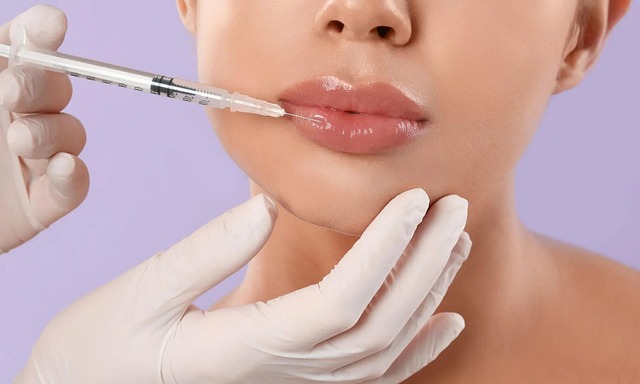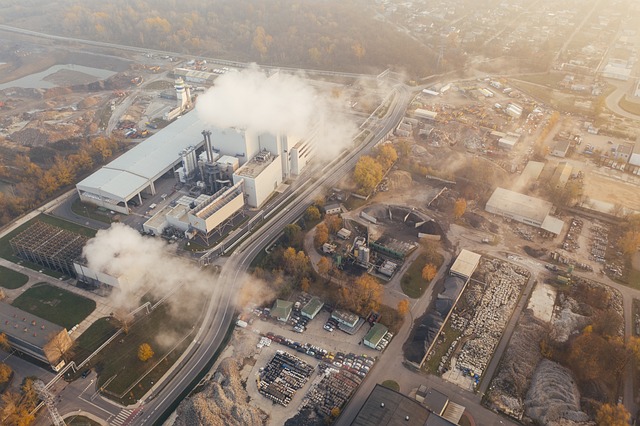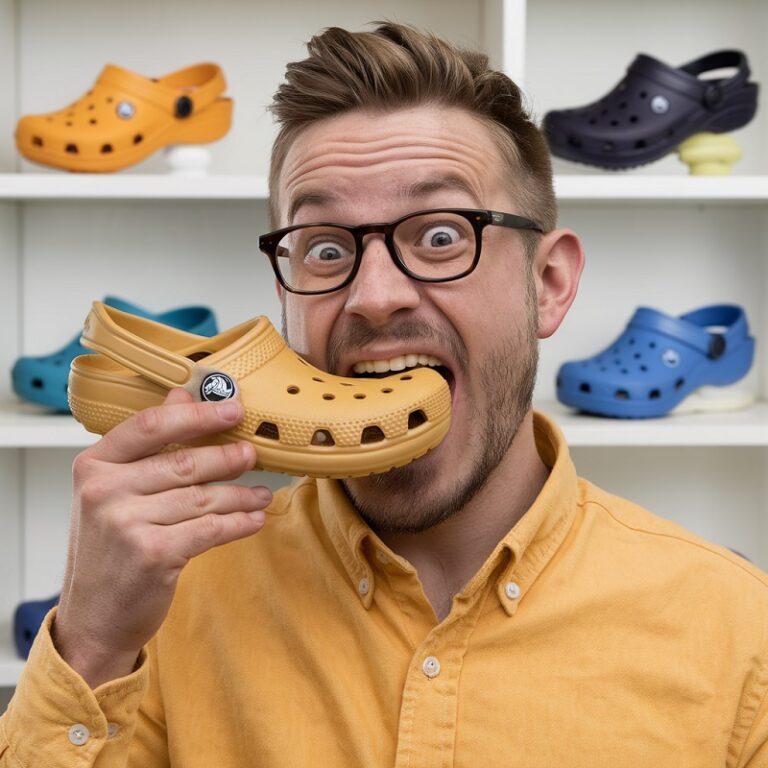South Korean botulinum toxin manufacturers are making significant strides in the global market, particularly in the U.S., Europe, and China. In February 2024, Hugel became the latest Korean firm to receive U.S. FDA approval for its botulinum toxin product, Botulax (branded as Letybo in the U.S.). This milestone positions Hugel as the only South Korean company with approvals in all three major aesthetic markets. Specifically, Hugel is now approved in:
- • The U.S. with its product Letybo
- • Europe
- • China
Hugel’s entry into the U.S. market intensifies competition with Daewoong Pharmaceutical, whose Nabota (Jeuveau) was FDA-approved in 2019 and currently holds an 11% share of the U.S. beauty toxin market. Known for their anti-aging effects, botulinum toxin injections work by relaxing muscle activity to reduce wrinkles and provide smoother skin.
The U.S. botulinum toxin industry, valued at $4.74 billion in 2023, is projected to reach $6.68 billion by 2030, making it a prime target for expansion. South Korea’s domestic market, by contrast, remains limited at around $148 million annually. Domestically, the most popular product in Hugel’s toxin line-up is Botulax 100.
Learn more about this product at https://tothebeauty.com/shop/toxins/botulax-100-units/ . A detailed description and reviews will help you make the right decision.
Regulatory Challenges and Market Barriers
Despite the promising market outlook, securing FDA approval for a botulinum toxin procedure remains a complex process. Medytox, another South Korean firm, recently had its FDA application rejected due to missing verification reports, highlighting the difficulties of gaining regulatory clearance. Since the introduction of AbbVie’s Botox in 1989, only four other botulinum toxin treatments have been FDA-approved, with Hugel’s Letybo being the latest addition. Companies must meet strict safety and efficacy standards to ensure the desired results for consumers seeking non-invasive anti-aging solutions. These rigorous regulations create high barriers for new entrants, making FDA approval a significant milestone in the industry.
Expansion into China and Financial Market Growth
South Korean firms are also targeting China, a market worth approximately $1.5 billion. Hugel was the first to secure a Chinese license in 2020, while Daewoong and Huons BioPharma are awaiting approval. Medytox is preparing for another attempt after withdrawing a previous application. With increasing demand for non-surgical beauty treatments, the market for botulinum toxin is expanding globally, driven by consumers seeking long-lasting effects with minimal downtime. The success of Korean Botox manufacturers has also driven interest in biotech-focused exchange-traded funds (ETFs). NH-Amundi Asset Management plans to launch a “K-Beauty ETF,” while Shinhan Asset Management’s “SOL Medical Device Materials & Equipment” fund, featuring Hugel, Medytox, and Daewoong, has already shown growth.




